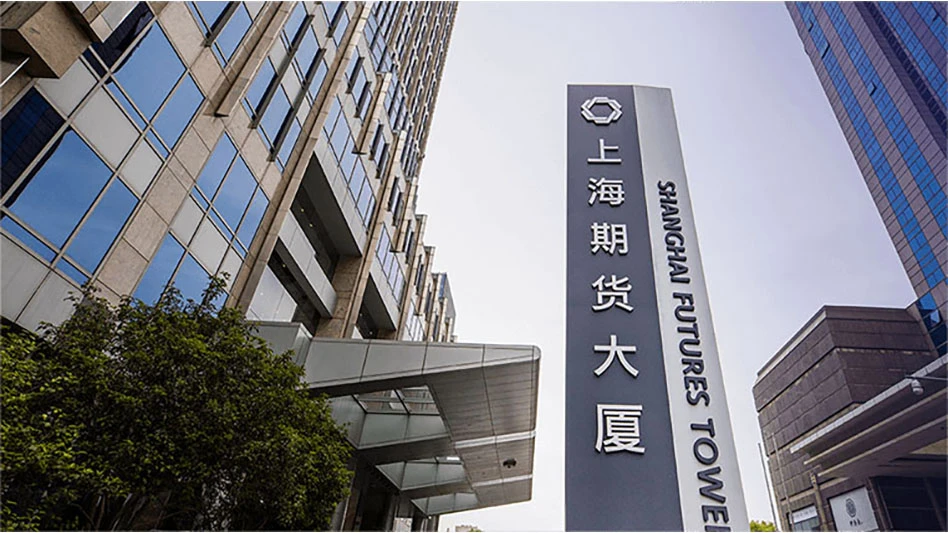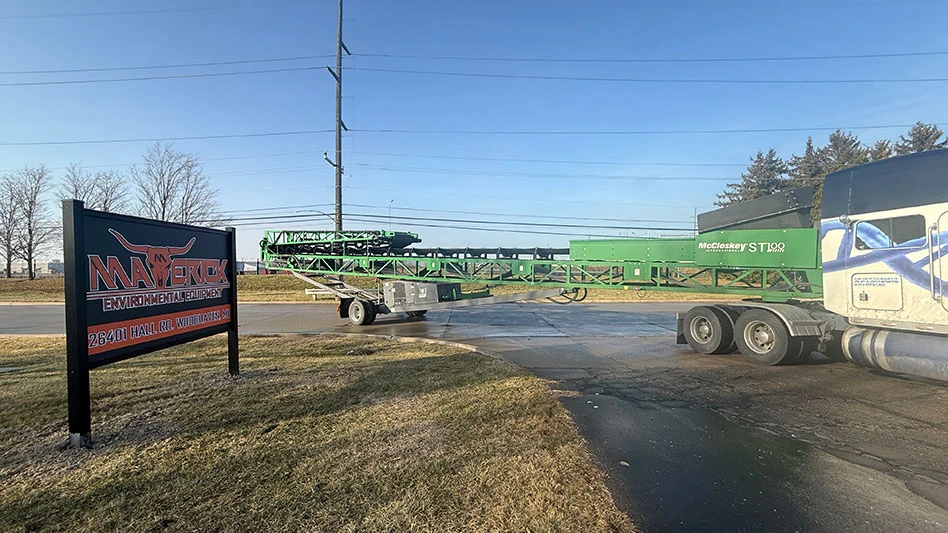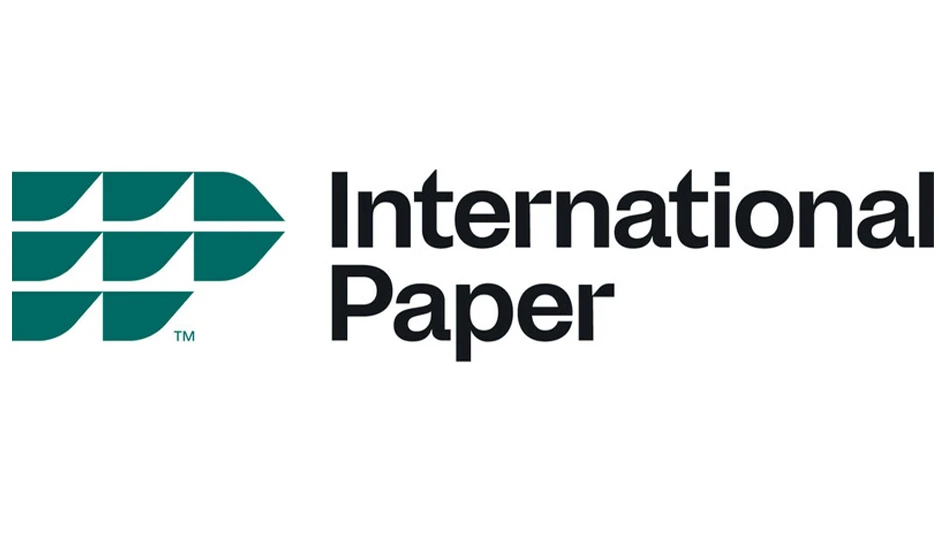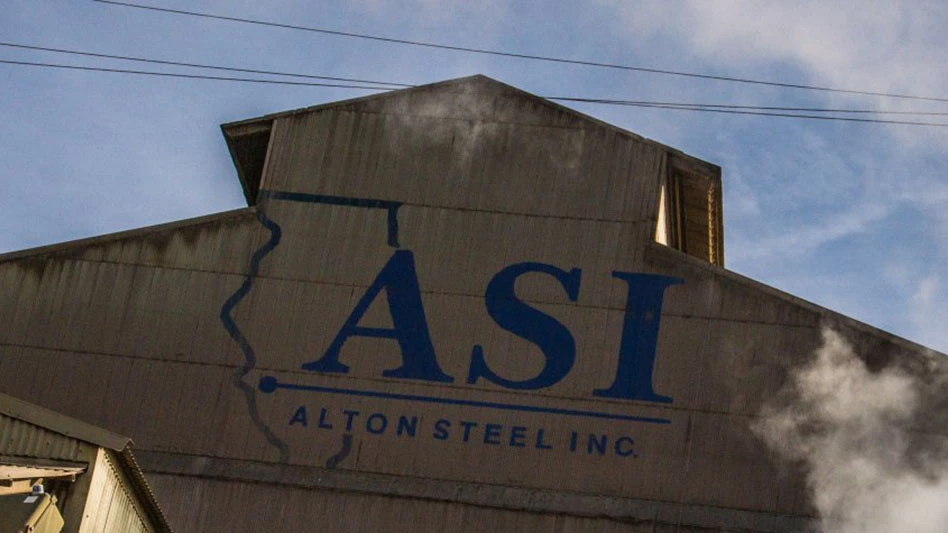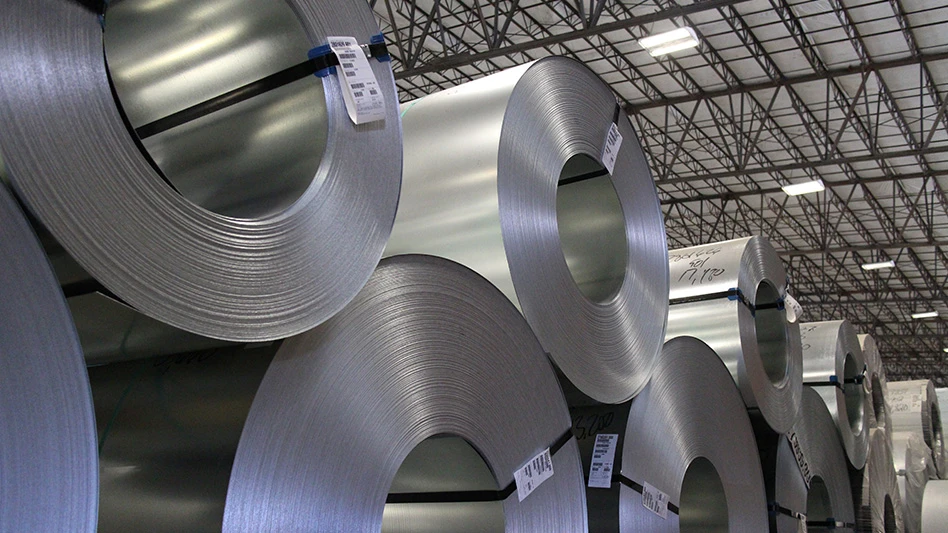
Recycling Today archives
The operational footprint of Liberty Steel, Alvance Aluminium and other metals firms that are part of the London-based Gupta Family Group (GFG) Alliance roster of companies continues to face the prospect of reduced scale after court rulings in Australia and Singapore.
In Australia this February, the government of the state of South Australia acted to place the GFG Alliance/Liberty Steel Whyalla steel mill and associated mines there into administration, the Australian equivalent of bankruptcy.
According to an announcement from South Australia Premier Peter Malinauskas regarding the blast furnace/basic oxygen furnace (BOF) steelmaking complex in Whyalla, GFG no longer is running the steelworks.
That statement indicated the government of South Australia had appointed Melbourne, Australia-based consulting firm KordaMentha as administrator of OneSteel Manufacturing Pty. Ltd., under section 436C of the Corporations Act of 2001, to secure the long-term future of the mill complex.
In Singapore this April, Hri Kumar Nair, a judge of the High Court in that nation, turned down an appeal by a GFG holding company to avoid being placed in judicial management because it had not resolved a judgment for payment owed to Luxembourg-based steel producer ArcelorMittal.
The legal document refers to Singapore-based Liberty House Group Pte. Ltd. as the ultimate holding company for the Liberty House Group, a group of companies engaged in manufacturing and trading steel and steel products.
Nair’s ruling describes in 64 sections the history of the litigation between ArcelorMittal and Liberty House and the reasons why he found in favor of ArcelorMittal.
In its appeal, GFG and Liberty argued that placing the company under judicial management would have a "destabilizing effect" on the wider group, the judge says.
“Various group entities, including operating ones, had already been placed in administration” at the time the appeal was made, Nair continues, adding that compared with liquidation, “Placing the company under judicial management would at least ensure that it remained a going concern.”
The GFG Alliance family of companies was assembled in the 2010s via a series of acquisitions, in some cases of metal production facilities considered to have been struggling to attain consistent profitability.
In 2021, a bank and supply chain finance company overseen by Lex Greensill with which GFG conducted considerable business collapsed. The collapse occurred after scrutiny from banking regulators and after a company that had been insuring much of Greensill’s trading portfolio ended its relationship with the firm.
The ensuing years have seen GFG sell off portions of its assembled portfolio and face collections complaints from suppliers and companies from which it purchased assets.
The ruling in Singapore is tied to one of those GFG metals assets purchases. In late 2024, a U.K. court ruled in favor of ArcelorMittal in what at that time already was a more than yearlong dispute involving funds ArcelorMittal says it is owed by Liberty Steel
London Insolvencies and Companies Court (ICC) Judge Mark Mullen determined that Liberty Steel was unlikely in the near future to be in a position to pay more than $145 million owed to ArcelorMittal.
The money owed was from the 2019 sale of ArcelorMittal blast furnace/basic oxygen furnace (BOF) steel mills in the Czech Republic, Italy, Macedonia and Romania from to Liberty Steel.
Last February, a group of trade unions from different nations expressed concern about the future of Liberty mills in the Czech Republic, Romania, Luxembourg, Belgium, Poland, Hungary and Italy.
Subsequent reports have said the mill in Poland declared bankruptcy late last year, and the government of Hungary has withdrawn its support for a planned BOF-to-electric arc furnace (EAF) conversion project there around the same time. The Hungarian government reportedly cited unpaid Liberty Steel wages and invoices as a factor.
Also late last year, the Liberty mill in Luxembourg was reported to have declared bankruptcy and been put up for sale, while the facility in Italy was put up for sale around the same time.
In the United States, the former Georgetown Steel mill, which was purchased by Liberty in 2017, is now in the process of being dismantled, and the land is up for sale for redevelopment. The company also owns a recycled-content EAF mill near Peoria, Illinois, which as of last December was not in operation.
The Guardian reported this May that two Liberty facilities in the U.K., including an EAF mill in England, had produced no output since July 2024. The outlet cites Liberty’s “lack of funds to buy vital materials” and says workers to whom it spoke indicated 85 percent of staff at the two plants had been furloughed.
Also in that nation, GFG’s Alvance Aluminium continues to produce metal in Scotland. That firm has twice announced intentions to add recycled-content production at the site, but, as of mid-2025, no reports have been made of ground having been broken for the project.
In Dunkerque, France, meanwhile, the current owner of a former GFG aluminum facility has completed its investment in recycled content capacity.
How the ruling in Singapore concerning what that judge describes as the “ultimate holding company” will affect the future of GFG mills and employees worldwide remains to be seen.
Based on a description of the GFG Alliance by financial journalist Duncan Mavin, the author of a 2022 book detailing the Greensill Capital collapse, it could take some time for judicially appointed administrators to sort through the assets.
Some financial firms beyond Greensill “were concerned as to the viability of many of the group’s assets and the convoluted network of related companies within the overall GFG structure,” Mavin writes in his 2022 book, “The Pyramid of Lies: Lex Greensill and the Billion Dollar Scandal.”
*This article was updated June 18, 2025, to correct the year of the Corporations Act, which is 2001 and not 200 as originally typed.
Latest from Recycling Today
- Stadler equips Spanish MRF
- SSAB finishes 2025 with decreased revenue
- Vecoplan appoints CFO
- Aurubis raises full-year forecast
- Levitated Metals adds LIBS sorting technology
- Redwood Materials closes on $425M in Series E financing
- Updated: Wieland Chase expands northwest Ohio facility
- Recovered paper traders report lukewarm market
